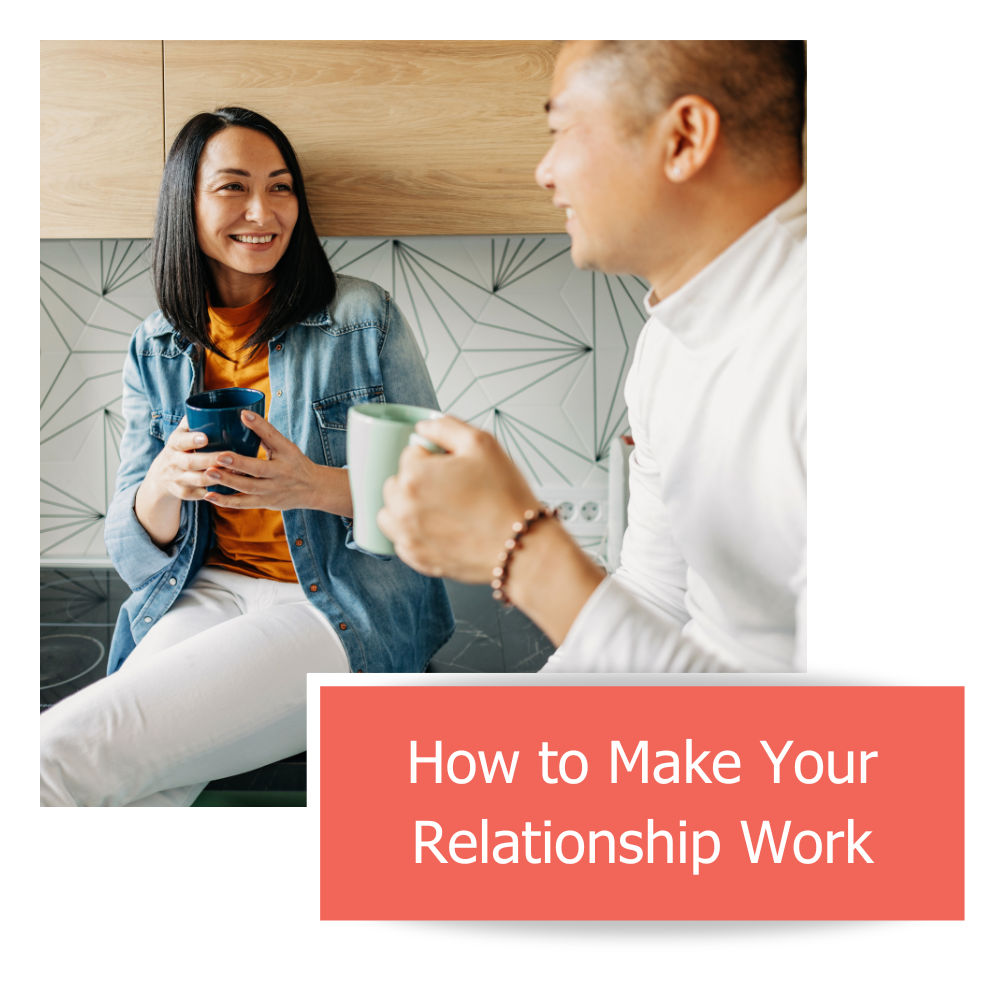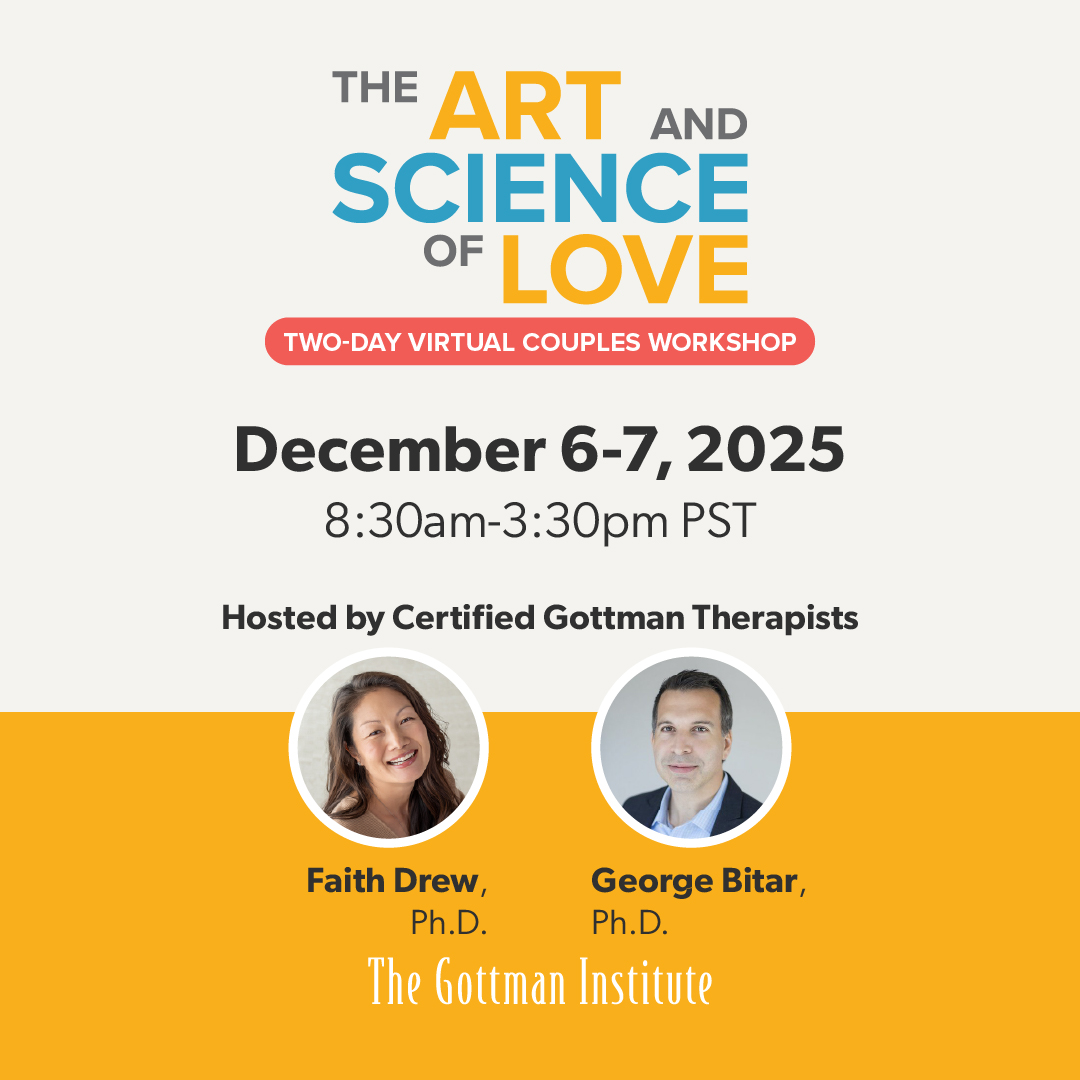J is an eight-point Scrabble letter. Only Q and Z are worth more. Turns out there simply aren’t a lot of words that start with J. This fact is especially true in the area of relationships. J has been the hardest post to originate. Sometimes, when I’m stuck, I turn to the back of one of the Gottman books for inspiration. I found “jealousy” and “Jews, Orthodox,” but mostly the Js are last names.
One name “Johnson, Susan” is definitely worthy of comment. Along with the Gottmans, Dr. Sue Johnson is an important pioneer in the world of evidence based couples therapy. As one of the creators of Emotion Focused Therapy (EFT), she helps couples understand the science of love and the art of repair. Clinicians and couples alike would be wise to explore how her work dovetails with Gottman Method Couples Therapy (GMCT). But, because I’m not an expert in Sue Johnson, I decided not to write about her.
Ultimately, I decided to focus on “judgment” – mostly because “judgment” and “judging” and “judgmental” get a bad rap when it comes to relationships. The general understanding of these words is pejorative, implying – ironically? – that judgment isn’t just. But I would argue that judgment is an essential element of any healthy relationship. The real danger is negative judgment.
“Judge” is a lot like “catch.” Have you ever been caught? Like with your hand in a cookie jar? How about when you were falling down the stairs? When someone catches you, it can be punitive or protective. “Pride” is another word like this. Pride can go before the fall or it can empower and encourage you. One of my favorite song lyrics from The Avett Brothers says, “I wanna have pride like my mother has, And not like the kind in the bible that turns you bad.” You must ensure that your pride doesn’t turn you bad. You have to do the same with your tendency toward judgment.
I want to let you in on a little secret about therapists. Presumably, couples enter counseling to get a non-judgmental perspective about what’s going on in their relationship. But we are judging you. All the time. No doubt, some of my colleagues will balk at this notion, but I’m not afraid to own it. On the Myers Briggs Type Indicator, I am an INTJ, which means that judging is what I do. It’s who I am. In fact, I couldn’t do my job without it. The capacity for judgment is a gift, even a responsibility.
Husbands and wives both feel a certain kind of freedom in the therapist’s office. That freedom comes from the belief that their highest hopes and deepest fears can be safely expressed. They say things to me and to one another that they wouldn’t consider saying at home. But it’s not because there’s no judgment. It’s because the judgment is measured and considered and articulated in a way that serves the relationship.
Whether you are an introvert or an extrovert, sensitive or intuitive, a thinker or a feeler, a perceiver or a judger, you can relate in a healthy way. But if your inclination is toward judgment, you need to pay extra careful attention. Speaking from experience, we judgers are prone to contempt – after all, the judge’s bench is raised – and criticism. Because we know what’s “just,” we’re pretty good at pointing out what’s wrong with everyone else, and to letting them know how to fix it so they can be just like us.
But this type of judgment is dangerous. It transforms the home into a courtroom, where cases are won and lost. Verdicts are handed out. Punishments are levied. In these homes, where one partner is wielding judgment like a sword, both partners suffer. It’s tragic when the judge cares more about justice than the relationship.
The best judges are known for their wisdom. Their patience. Their ability to understand and articulate the nuances of the law. Their discernment. The best judges get to the heart of the matter. In relationships, they understand the science of love and the art of repair. They know that their job is to catch their loved one when falling, not simply when they’ve broken the law.
One of the goals of Gottman Method Couples Therapy (GMCT) is to ensure that couples do not become “therapy-dependent.” This goal is achieved by equipping couples with the ability to make considered decisions and come to sensible conclusions (i.e. judgment) and teaching them to express those judgments in healthy, positive ways. That freedom that couples feel in the therapists’ office… that’s what home should feel like. Not like a courtroom.








